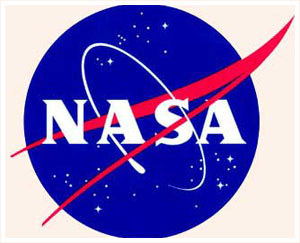NASA to test next generation rocket Tuesday; weather concerns
 Washington - The next generation space rocket that would carry astronauts into orbit after the space shuttle is retired is ready for its first flight test on Tuesday - if the weather cooperates, NASA said.
Washington - The next generation space rocket that would carry astronauts into orbit after the space shuttle is retired is ready for its first flight test on Tuesday - if the weather cooperates, NASA said.
The US space agency plans to launch the Ares I-X rocket between 8 am and noon on Tuesday. But NASA forecaster Kathy Winters said Monday there was a 60 per cent chance that clouds above the Kennedy Space Centre in Florida would cause the launch to be delayed.
Ares I-X is the first of two new rockets planned by NASA for its Constellation programme with the eventual goal of returning humans to the moon. Ares I would be used to carry astronauts to low-Earth orbit, including to the International Space Station, aboard the next-generation Orion crew capsule. A later, more powerful Ares V rocket is to be developed to carry astronauts to the moon and beyond.
NASA will use hundreds of sensors on the rocket to gather information during the 445-million-dollar test flight about how safe and effective the rocket is. It will carry a simulated crew module and travel up to 46 kilometres into the atmosphere on its 369-second flight.
But the programme itself and Ares could be in jeopardy as US President Barack Obama reviews the US space programme. An independent review commission said earlier this month that NASA would not be ready to send astronauts aloft with the rockets until at least 2017, two years after schedule. That widens the gap between the retirement of the shuttle next year and implementation of the new vehicle, leaving astronauts dependent on Russian spacecraft to reach the International Space Station.
The review panel also suggested that policy makers should consider using commercial vehicles to carry humans to low-Earth orbit rather than Ares I, allowing NASA to focus its attention on longer trips. But NASA scientists said regardless of the policy decision, the Ares test would allow them to gather valuable data applicable to any high-powered rocket to move the space programme forward.(dpa)